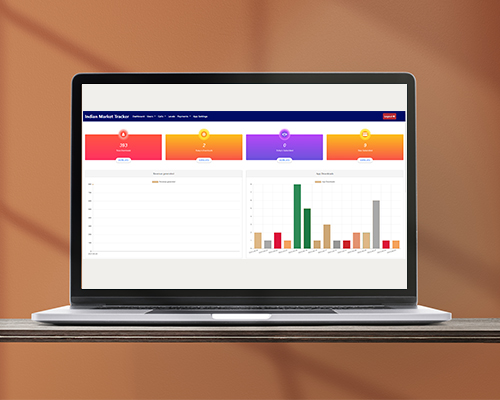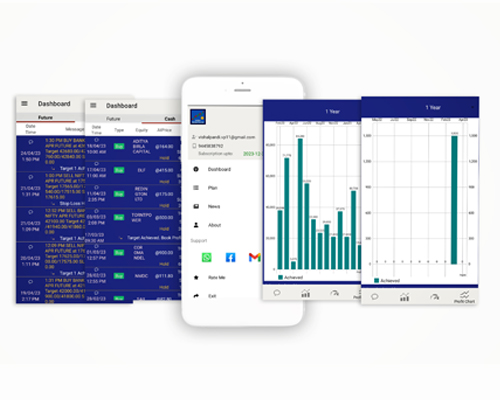Some companies that have opted to go fully remote have saved money on this transition, too. There are several other ways remote work benefits of working remotely can benefit businesses, too. It’s estimated that remote work could save 16 trillion trees from deforestation, making a huge difference to any employee or business’s sustainability efforts. Because working from home means fewer cars out and about doing the daily commute, businesses and their employees have smaller carbon footprints.
Going into an office every day would have made this phase of life overwhelming—if not impossible to sustain. In contrast, remote working arrangements allow companies to find workers all around the world. This means they may be able to translate text and speech into all the required languages, while also gaining boots-on-the-ground insights into various regions. Companies offering remote work options can also hire native speakers of important languages, providing a more reliable experience for a global customer base. Finally, for many companies, translation into multiple languages and localization are major priorities. When people are required to work in a single workplace, access to international talent is actually fairly limited, especially for some of the less common languages or specific regions in the world.
- Childcare costs can also reduce with remote working, as parents can spend more time at home (although we don’t advise working with young children around!).
- There are many distractions at home that can detract from an employee’s focus on their work.
- Another advantage of working remotely is that you can also choose when you work.
- Remote work can also reduce stress, which is another major cause of absences.
- Our team is assembled based on skills and expertise, not geography, so we can make sure we have the right resources for every campaign.
- We do not argue that the effectiveness of the remote mode is only due to employees’ lack of distraction in the home office.
You have more opportunities.
Telecommuting also gives employees the option to not share their health challenges with employers if they’re uncomfortable doing so, rather than feeling forced to share because it’s obvious when they’re onsite. WFH is here to stay and provides new levels of work-life balance and flexibility for more people. If you imagine your ideal work environment and pursue (or advocate for) conditions that come closest—you’ll set yourself up for success no matter where you work. Perhaps it’s occasional in-person meetings with your team, if that’s feasible. Possibly back-to-back meetings or meetings without a clear objective.
- Remote employees also tend to be happier than office workers, making them good advocates for the company.
- Allowing remote work can help businesses retain employees and prevent absenteeism.
- Remote work eliminates this time spent on travel, offering substantial time savings that employees can redirect to productive pursuits or personal well-being activities.
- Emotional well-being also plays a direct role in job satisfaction (Judge et al., 2020), which can increase motivation, productivity, and performance (Aziri, 2011).
- For more information on how to get your employees’ home offices set up with reliable cloud hosting services, contact Right Networks today.
- The advantages outweigh the downsides, and remote work could be the key to a more resilient, forward-thinking company.
Some remote jobs may also come with flexible hours, which allow you even more control over when you get your work done in addition to where. This depends on your job and employer, but for me, WFH means I can take an hour or two away from my computer to go to the dentist or pop to the store during business hours. When my kids were younger, WFH meant I could make school events without much scheduling fuss, or easily pick up a sick kid from school with just a quick message to my boss. As of February 2022, nearly 60% of U.S. workers with jobs that can be done remotely are working from home all or most of the time, according to Pew. If you are considering remote work for either yourself or your company, you may also be interested in this useful guide to choosing a video conferencing monitor for remote employees. You can also find further insights and resources regarding WFH by visiting the ViewSonic work solutions page.
A final advantage to take into account when considering remote work is that you’ll likely experience fewer distractions. In a traditional office setting, it’s easy to get sidetracked by colleagues dropping by your desk, impromptu meetings, or general office chatter. Next on the list of remote work benefits for employees is that this work model can help you manage your time more effectively. Having looked at the key advantages of remote work for employers, let’s now discover the benefits employees can enjoy. In a globalized economy, businesses need to be able to compete with organizations from all over the world.
Employers that expand their job pool improve the quality of their organization. Remote work is no longer reserved for employees of large corporations or influencers traveling the globe. The world of work is shifting toward a flexible schedule, with many employees seeking a remote or hybrid arrangement. Without a doubt, remote work has become an inherent work system, and the challenge today is to maintain or indicate maximum efficiency. Undoubtedly, the best solution is to introduce hybrid work and combine remote work with office work 23.
Make a list and consider talking with your manager to try to build a better remote collaboration strategy. Global lockdowns forced all but essential workers to adopt remote work almost overnight. People scrambled to set up home offices and adjust to back-to-back virtual meetings and online collaboration. Until recently, the idea of working from home was firmly in “must be nice” territory for most employees—the stuff of wistful conversations during post-work happy hours. The Pew Research Center found that before the COVID-19 pandemic, only 20% of people whose work could be done remotely were working from home most or all of the time. The key to differentiating between a workplace fad and an economic strategy lies in the hands of the businesses.
Related Career Change Articles
The new world of work is full of opportunities, especially for those willing to embrace change and seize the advantages that remote work offers. So, if you’re looking for a career that offers flexibility, autonomy, and the opportunity to work from anywhere, these are the industries to keep an eye on. This is increasingly important in today’s climate of digital transformation, where businesses need to be agile and adaptable to survive. Recently, there has been an increasing focus on corporate social responsibility. And rightly so, as businesses have a responsibility to act in a way that is ethical and sustainable.
Finally, we used self-reported measures that are often the only possible way to examine one’s own perspective, such as self-perceived effectiveness in a specific context 34. Nonetheless, there is still the need to use objective methods and include the employees’ perspective in the study. Using objective information (e.g., Key Performance Indicators or Return on Investment) could help solve this potential bias in the data in a future study. The perceived benefits, limitations, and frequency of remote work are related to the remote work effectiveness perceived by lower-level and middle-level managers. Currently, remote work has become a crucial organizational tool that enables effective performance in the increasingly competitive global market.
Performance appraisal: types, objectives & benefits
With remote teams often spanning across different regions, time zones, and even countries, individuals are exposed to new ways of thinking, working, and communicating. This diversity can foster creativity, innovation, and empathy within the team while providing a broader global perspective on various issues. Employees can be more productive when working from home as it’s in their interest to get the job done effectively and not waste time.
Benefits of working remotely: UK workers get back an hour a day – and they like it
Employers offering remote work allow their workforce to have more flexibility with the understanding and expectation that their employees complete their work and perform to company standards. Remote work, also known as work from home or online work from home is a flexible working arrangement that allows employees to work outside of a traditional office location. There’s never been a better time to pursue a career in a remote-friendly industry. So, if you’re feeling stuck in your current job or looking for a new challenge, now is the time to consider a career move. The future of work, post-Covid 19, is likely to be even more remote-friendly, with more companies offering flexible working arrangements and employees valuing the freedom of working remotely.







